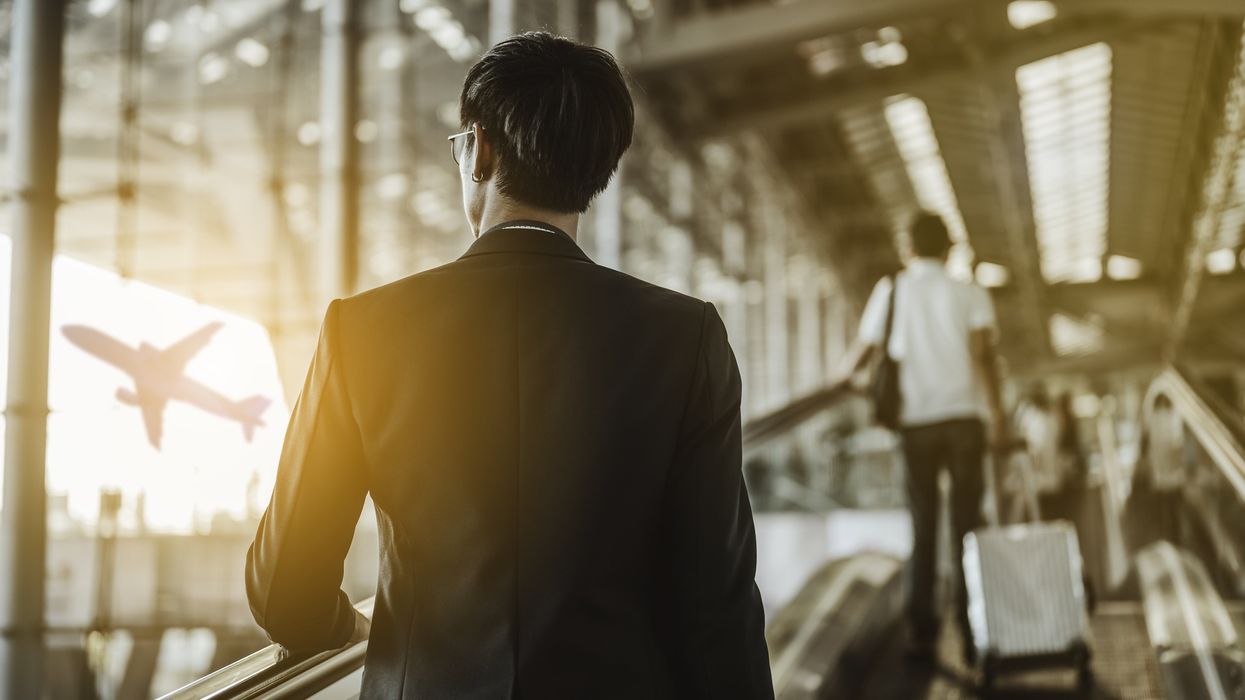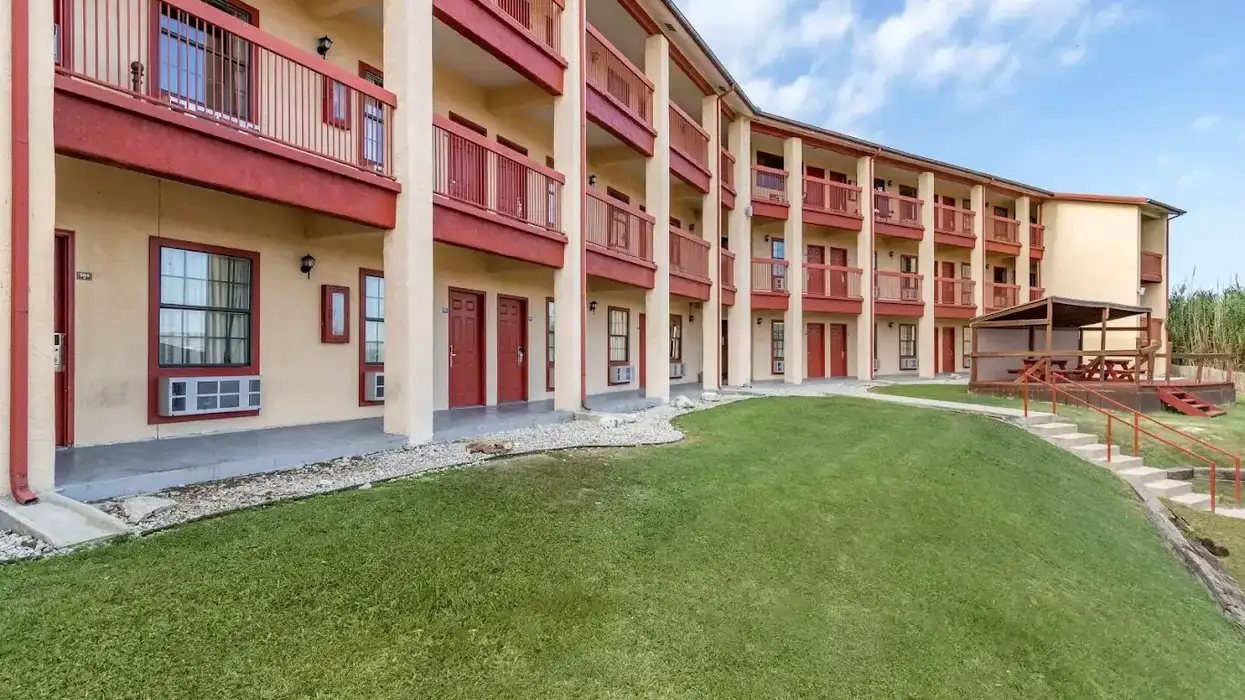Editor’s note: This is a submitted article by Tammy Gillis, CEO of Gillis Sales. It has been lightly edited for style.
While we don’t know what will happen next, the past several months has shown us that the need to get out and travel is stronger than ever. However, as the labor and staffing crisis continues, some hoteliers struggle to accommodate the uptick in travel. Corporate travel and industry events and the need to meet face-to-face will continue to grow, so now is the time to focus on getting staff ready to welcome back corporate travelers who haven’t traveled in 18 months.
Taking notes from the entertainment industry
One interesting tactic that the hospitality industry should take note of is the way the entertainment industry has handled the return of movies in theaters. If you went to the movies over the summer, you may have seen how the industry pulled together to thank movie-goers for coming back to the theater. Galaxy Theaters CEO came onto the big screen to thank the audience and welcome them back. Regal did something similar.
Even more compelling were the messages from directors such as John Krasinski ahead of Quiet Place II and Lin-Manuel Miranda ahead of In the Heights. These two films led the charge in releasing their content to the big screen. In doing so, they took the time to record a message to thank the audience for coming back and for supporting the industry. This strategy works because the theater has a captive audience. After all, unless you are late to the film, or getting popcorn, you are sitting there in anticipation of seeing a movie on the big screen after nearly 18 months of Netflix and microwaved popcorn.
This concerted effort, and it clearly is a concerted effort, by the entertainment industry should be mirrored by the hospitality industry. We need to get travelers excited in the same way about traveling again. But when we look at the various online campaigns that hotel brands, airlines, and travel companies are putting out there to attract travelers, they seem to lack emotion and connection given the world has been in lockdown and people haven’t traveled in over a year.
Everybody is in sales – or should be
It seems that brand campaigns are focused on transactional messages such as points, offers, and locations. These are not differentiators - all brands have these features. Travelers are not buying points, promos, and features. They are buying experiences; however, a lot of the current messaging out there is simply “pitch slapping” the consumer with the “what” and not the “why.”
We cannot keep doing things the way we have always done them. Our industry needs to innovate and fast. Brands and the creative agencies who support them need to develop more relevant, customer-centric messaging to welcome guests back, get them excited to travel again, and move beyond points, promos, and COVID-19 safety protocol updates.
The same can be said of sales. Many hotels furloughed employees, including sales teams, and are still struggling to regain ground and build back their pre-pandemic employment levels. But let’s not forget that in our industry, the sales effort should be top of mind for every employee, not just the sales team.
While your focus may be in operations and keeping the trains running, you are likely bringing on new employees at every level. Let’s take a look at how you can take steps to prepare your front-line and back-of-the-house staff to ensure they are empowered and enabled to deliver a memorable experience as travel picks up. Beyond that, let’s also examine ways that you can train them to drive your sales efforts.
The front desk
Front desk service should be more than checking guests in and out. All staff need to be trained in customer service fundamentals again. Incorporate methods to teach them how to anticipate customer needs right from check-in, but also incorporate questions that can inform your sales efforts.
Some believe that today’s guests prefer a touchless, human-less approach to checking in and checking out. The reality is that for many travelers, this is not the case. Weary travelers that have either just arrived from the airport, or more likely a long road trip, appreciate a smile and helpful associate behind the front desk as long as they are also efficient.
Most front desk associates treat the check in process as a transaction vs. an opportunity to give the client an incredible customer experience. It’s also a great opportunity to engage with the guest and qualify what brings them to town. While some guests may prefer to forgo conversation, the majority are happy to be traveling again and open to engaging with the front desk staff.
Instead of rushing the customer through the check in process, train your front desk staff to employ conversation techniques that not only deliver an excellent customer experience, but in turn provide insight into the guest, their reasons for traveling and why they selected your hotel.
From a guest experience perspective, having a front desk staff that cares enough to ask questions such as:
- “Is there anything you’d like us to set up for you this evening?”
- “Do you need directions or a ride to your meeting in the morning?”
- “Can I make a dinner reservation for you this evening?”
From a sales perspective, train your front desk to be “lead catchers” and to pass those leads on to the General Manager or sales team.
Consider the following tactics when training the front desk:
- Provide them with a script and lead form when handling incoming reservations.
- Make sure they know your product and your competition and how you differentiate. If they don’t know what they are selling against, they will have a difficult time upselling or closing the sale.
- Give key “sound bites” about the hotel’s value proposition—for example, “We’re glad you are here for your meeting. Our hotel is known as one of the quietest places to get a good night sleep when you’ve got a busy agenda ahead of you”.
- Review arrivals reports to see who is checking in without a company name attached.
- Qualify those who’ve made their reservations through an OTA and ask what company they are with.
- Train them on how to overcome common objections.
Night audit staff
Don’t forget the night audit staff. They play a much smaller role in direct customer service, but they can have a valuable role in supporting sales (and knowing they are part of the wider team) by doing more than waiting for a late-night check in or requests:
- Build out a prospecting list from parking lot checks and reader boards.
- “Reverse Google” the comp set for upcoming tournaments, conventions, etc.
- Shop call the comp set for companies you want to target.
- Research banquet halls, funeral homes, and festivals with contact information.
- Research companies in your backyard currently not staying with you.
Brand value from the back of the house
Staff that are considered “heart of the house”—e.g., housekeeping, room service, porters—need to be part of the sales culture as delivered through exceptional customer service.
Providing a consistency across all staff that your guests encounter throughout the hotel will show them that your hotel is committed to customer service.
Staff that receive training in how to make guests feel genuinely welcome will ensure your guests see the staff at every level as caring individuals. Without a doubt, understanding the importance of their role and seeing it modeled around them by colleagues and supervisors, will provide your back-of-the-house staff with a bigger sense of importance and drive home that they are a critical element in the success of your hotel.
The brand values of the hotel—respect, humility, care—should be reflected in the way in which all staff interact with guests and each other. It’s critical that both front-of-house and heart-of-house staff receive the proper training and know their contribution is valued.
Here are a few other examples of what training could include. Note: language may be a barrier with your heart-of-the-house staff, so some of these may need to be adapted.
- Lift your head and smile warmly. A slight nod, or some kind of welcoming gesture is effective even when language is a barrier.
- Acknowledge guests in the hallways and elevators: “Hello,” “Good evening,” “How was your day.” If possible, use their name, “Mr. ——” or “Ms. ——.”
- Anticipate needs: “Is there anything else you need in your room?” “I see you are checking out today. Do you need assistance with your luggage?”
Take advantage of your captive audience
Being average is not how you build loyalty. You may be delivering a perfectly good experience, but as soon as another hotel opens in your comp set, your only differentiation is price.
Ask yourself, what is the bar that you want to set when it comes to customer experience? What policies and procedures align with this experience? Sales means service and service means sales. Does everyone in your organization understand what this means? If not, now is your opportunity to employ new tactics to set your hotel apart from the competition.
Ensure all associates understand that their job is much more than changing a bed or delivering towels. It is more than taking a credit card in exchange for a room key. Now is the time for industry and brand leaders to elevate not only the guest experience, but also the employee experience. Your captive audience is two-fold, the guest who stays at your property and the staff that support them. Learn to take advantage of both.
In a related story, a recent report from Hilton and Morning Brew found that post-pandemic business travel is likely to be more strategic and purposeful overall as travelers have missed building in-person professional relationships during the pandemic.






